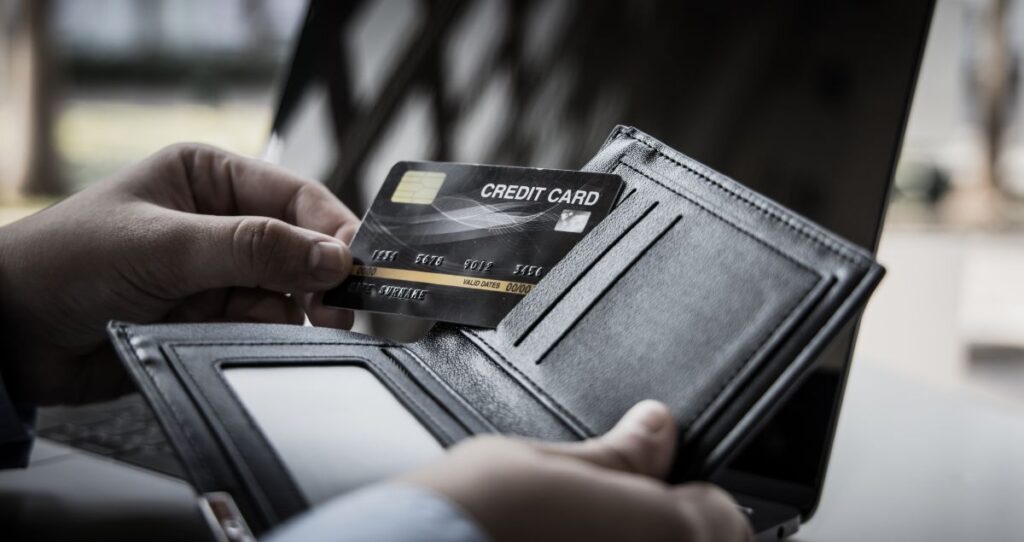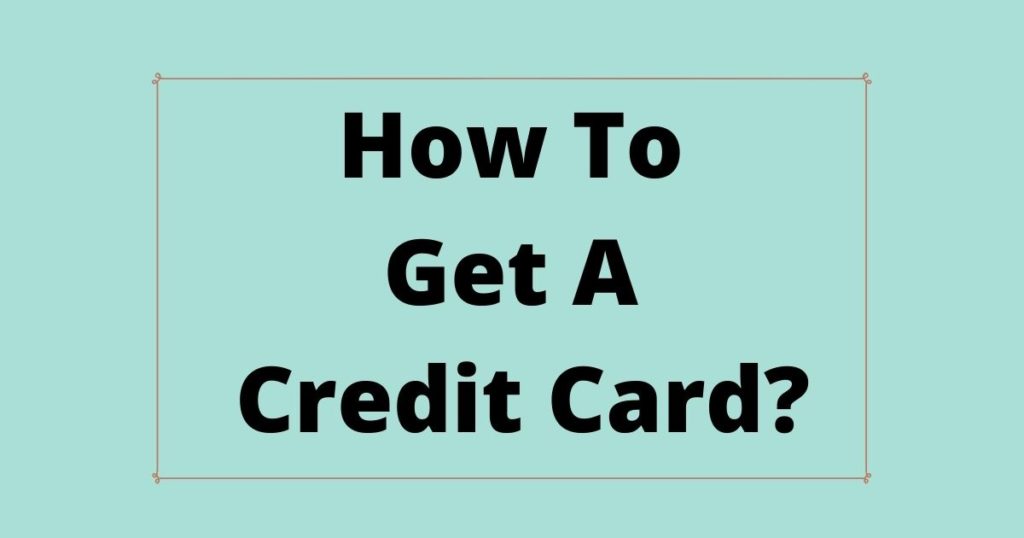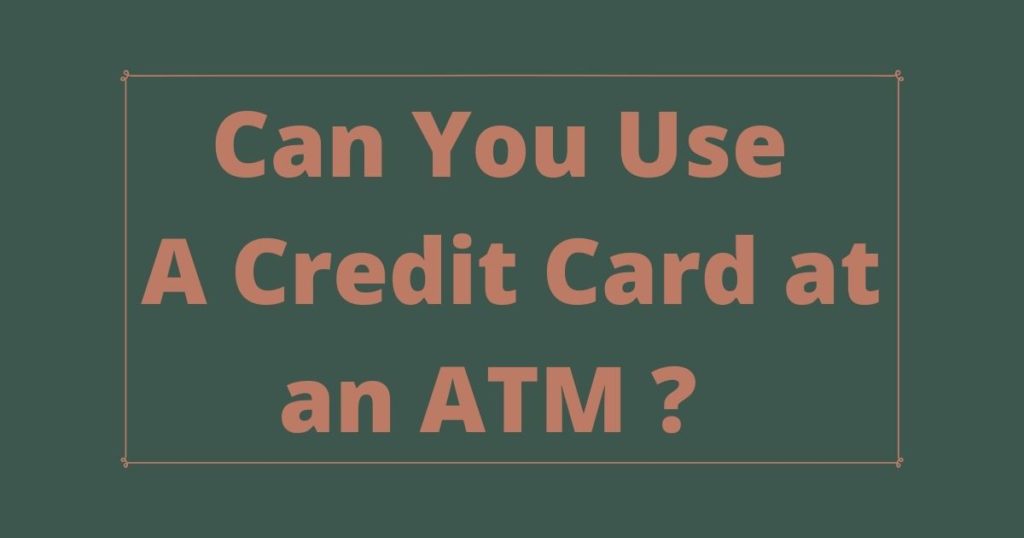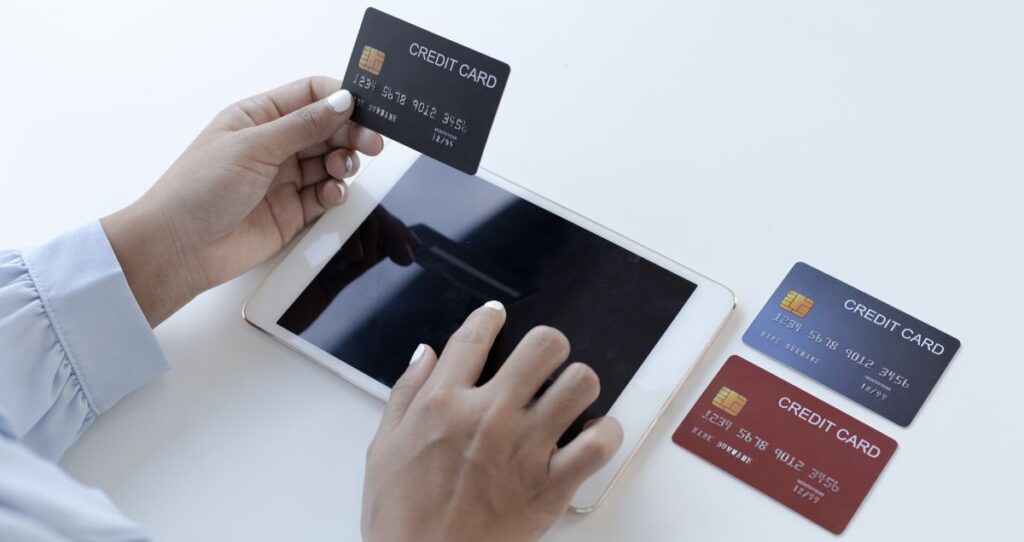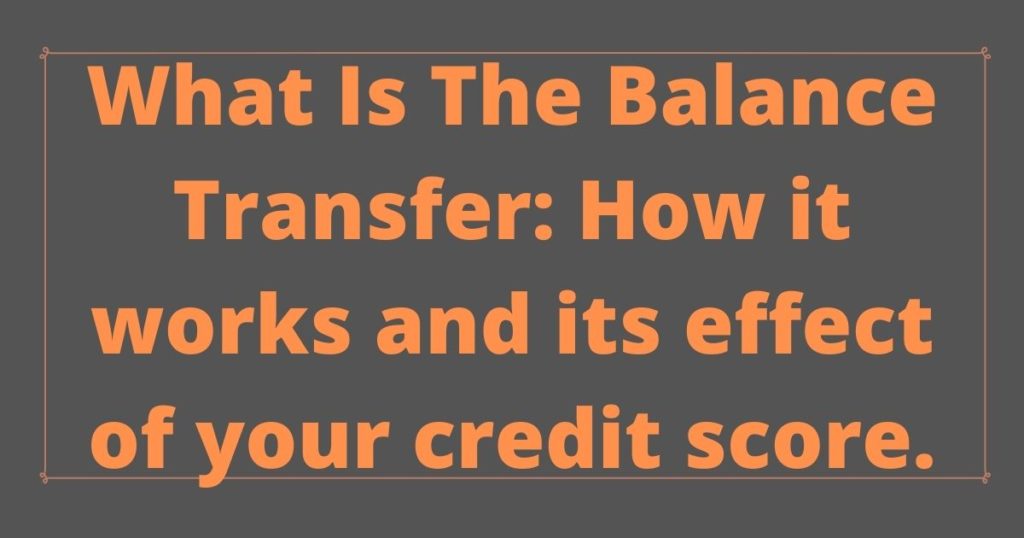Credit cards can help you build credit, give you easy access to cash, and save you money through discounts, miles, points, and cash backs. With all these benefits, however, there are times when closing a credit card account is a good financial decision for your finances. Maybe you have accumulated too many credit cards than you need, your credit cards come with annual fees, or you no longer need them. If you are having trouble with your credit card, this post will go through details of when it makes sense to close a credit card account, how to close your credit card account and the impact of closing your account on your credit.
Is it a good idea to close a credit card account?
If you have a credit card you have not used for a while or don’t need, you might be wondering if it is OK to close that account and the impact it will have on your credit score. This is not a straightforward yes or no. Closing a credit card account can indeed have an impact on your credit score, but the degree to which it affects you depends on a variety of factors.
When does it make sense to close a credit card account?
Closing a credit card account isn’t always a bad move. There are times when the best thing you can do is to close the account and move on. So, when does it make sense to close a credit card account? Here are a few reasons times when closing a credit card is a good financial decision.
- Your credit card has an annual fee. One of the worst credit cards you should avoid is a credit card with an annual fee. By default, credit cards give you access to cash which you use for your daily spending. Also, credit cards are not investments. So, paying interest on a credit card on top of a higher APR does not make financial sense.
- You no longer need that credit card. It makes sense to close a credit card account when you no longer need it. For example, if you had a store credit card and moved to a state where that can’t be used, it will make sense to close that credit card account.
- You are struggling to manage multiple credit cards. It is common that people to carry a lot of credit cards. The downside of having too many credit cards, however, is the management of them especially if they come from different providers. If you are having trouble managing your credit cards, it will be best to close your credit card account to regain control of your finances.
- You have a history of late payments on that credit card. If you have a late payment on that credit card, closing it could have a positive impact on your credit.
- You engage in excessive credit card spending. Overspending on your credit cards can lead to the accumulation of credit card debt and destroying your credit. If you cannot manage your credit card spending, closing that account will be a good idea. If you need help with your credit cards, here are tips to keep track of your credit card spending.
- Prevention of identity theft. If you experience identity theft on your credit card account, it might be a good idea to close it and prevent further damage to your personal information.
- You have bad terms. If your credit card comes with higher APRs or bad terms and services, it will make sense to close it.
Potential consequences of closing a credit card account
- Effect on your credit history. If the credit card account you’re considering closing is one of your oldest credit cards, shutting it down could shorten the average age of your credit accounts, which might negatively impact your credit score.
- Increase your credit utilization ratio. Closing a credit card could potentially increase your credit utilization ratio if you have outstanding balances on other cards. This increase in credit utilization ratio could lower your credit score. Credit utilization is the amount of credit you’re currently using compared to your total available credit.
- A reduced credit limit. Closing a credit card account will also lower the available credit limit which will limit access to funds when you need them the most.
You might also like: What is the best time to ask for a credit limit increase?
Does closing a credit card hurt your credit?
If you no longer need your credit card, have unfavorable terms, or your credit card comes with an annual fee, you might be wondering if closing your credit card will hurt your credit. In this case, closing your credit card could be a great decision. Before you close your account, however, evaluate the potential impact on your credit once the card is removed.
How does closing a credit card affect your credit score?
Here is how your credit score might be affected after closing a credit card.
Your score could go lower due to an increase in credit utilization
Your credit utilization accounts for 30% of your FICO score and it is the percentage of how much you have spent in relation to your credit limit. When you have a credit card balance and close one of your credit cards, your credit utilization ratio goes higher. This is because closing a card will also result in a loss of credit limit on that card. Unless you pay pay off your credit card balances, your utilization rate will go higher since it is a percentage of the available credit limit.
For example, let’s assume that you have a credit limit of $1,000 on two credit cards and spent $400 which is a 40% credit utilization rate. If each credit card has a $500 credit limit and closed one of them, your remaining credit limit will be $500. After closing your credit card, the balance stays the same which is $400 but your credit limit is now $500. In order words, you have spent $400 out of $500 which is equivalent to an 80% credit utilization.
Due to this jump in credit utilization, your credit score might go lower as a higher ratio may be interpreted as a higher level of risk.
Note that closing a credit card account doesn’t automatically mean your credit score will plummet. If you have other credit accounts in good standing, a strong payment history, and low credit utilization across your other cards, the impact of closing one account may be minimal.
Closing a credit card can have an impact on the age of your credit and credit mix
The age of your credit is the average age of all credit accounts you have on your credit reports. Closing a credit card, especially an old card with excellent payment history might lower your credit score. Keep in mind that the history of that account will remain on your credit reports for 10 years if the card was closed in good standing and 7 years if it had negative items such as late payments.
Your credit mix, on the other hand, is a combination of all credit accounts you have. Credit mix is one of the many factors in your credit score calculation as it accounts for 10% of your FICO score. A good credit mix should have revolving credit such as credit cards and installment loans such as mortgages and car loans. Closing your credit card account could negatively impact your credit if the account disrupts your credit mix.
Related: Does closing a credit card hurt your credit score?
How to close a credit card step-by-step?
If you have decided to close your credit card account, here is a step-by-step guide to navigate the process smoothly and minimize any potential negative impact on your credit score.
- Pay off all balances on your credit card. Before you close a credit card account, you must settle all outstanding balances and pending charges in full. Your credit card issuer might also refuse to close the account until all balances, accrued interest, and charges are paid.
- Cancel recurring payments. If you have auto payments linked to the account, it is best to redirect them elsewhere to avoid late payments.
- Gather all information. Before closing the account, make sure that you have all the necessary information about your credit card account. Your card issuer might also ask you to verify your account. So, you need to know the name, billing address on the account, and social security number.
- Contact your credit card issuer directly. Most card issuers provide a customer service hotline or an online portal where you can initiate the closure process. Be prepared to provide the necessary information mentioned earlier, as well as any additional verification details the issuer may require. You can also close your credit card account by visiting your nearest branch.
- Ask about the fees and charges. During this communication, you may also want to ask your card issuer about any potential fees or penalties associated with closing the account. Some credit cards may charge a cancellation fee or require you to pay off the remaining balance in full before closing the account.
- Follow up. Once you’ve initiated the closure process and settled any outstanding balance, it’s a good idea to follow up in writing. This can be done through a formal letter or an email, reiterating your request to close the credit card account and ensuring there is a written record of the closure.
- Monitor your credit reports. After closing the account, it’s important to monitor your credit report to ensure that it reflects the closure accurately. This can help you identify any errors or discrepancies that may impact your credit score. If you notice any inaccuracies, contact the credit reporting agencies to have them corrected.
- Shred the card. After canceling your credit card account, it will no longer be useful for you. So, you need to shred it to protect your personal information.
Is it better to cancel unused credit cards or keep them?
When evaluating whether to cancel an unused credit card, it’s important to weigh the potential impact on your credit score. Closing a credit card account can affect three major factors that influence your score: credit utilization, credit mix, and length of credit history, and potentially lower your credit score.
Instead of closing an unused credit card, put a small recurring bill such as a $5 streaming subscription on the card and pay it off on time. This will allow you to keep the account open and benefit from its history without overspending on it.
Can I close my credit card at any time?
Yes, you can close a credit card any time you want. However, there are a few factors to consider before making this decision. According to Forbes, some credit card issuers will not allow you to close your credit card account if there is still a balance on the card. So, make sure that all fees, charges, and related balances are paid in full before you attempt the closure process.
It is also critical to understand the potential impact on your credit history and credit utilization ratio, as they play a significant role in maintaining a healthy credit score.
When should you not close a credit card?
While choosing a credit card might seem like a great idea, there are times when keeping the account open works to your advantage.
Here are a few times when you should keep your credit card account open even if you are not using it.
1. It is the oldest account
The length of your credit history is an important factor that contributes to your credit score. Closing your oldest credit card account could significantly decrease the average age of your accounts, potentially lowering your credit score. If you have a credit card account that you have held for a long time and it has good payment history, it may be wise to keep it open to maintain a higher credit score.
2. You get competitive rewards
Some credit cards offer cashback, airline miles, or other perks for using the card. If you frequently utilize these rewards and they provide a significant value, it may be worth holding onto the credit card account, even if you don’t use it for everyday expenses. Just be sure to weigh any annual fees against the rewards you receive to determine if the benefits outweigh the costs.
3. You are planning to apply for a major loan
If you are planning to apply for a major loan, such as a mortgage, in the near future, it may be advisable to keep your credit card account open. Closing the account can impact your credit utilization ratio, which is the amount of credit you are using compared to your total available credit. A lower credit utilization ratio is generally favorable for your credit score. By keeping your credit card account open, you maintain access to that available credit and potentially improve your credit utilization ratio, which may result in a better loan offer when you’re ready to apply.
4. Your credit score is right on the edge
The credit score is divided into many ranges that are shown on the credit score chart. Here are the ranges of credit scores, according to Experian.
- Exceptional: 800-850
- Very Good. 740-799
- Good. 670-739
- Fair. 580-669
- Poor. 300-579
For every range in each category, you qualify for different financial products and different interest rates. The higher your credit score gets, the more loans you qualify for at low rates.
If your credit score is right on the edge, closing the account can put you in another range which will affect the types of loans you can qualify for and interest on those loans. For example, if your FICO score is 670, closing a credit card account can easily lower your credit score and put you into the Fair category. Being in this category means that you will pay a higher interest rate than someone in the Good category.
How long should you wait to close a credit card?
While you can close a credit card account at any time, it is best to wait for some time before closing the account, especially for a new account. Many credit cards come with promotional 0% APR or no annual fees and other sign-up bonuses which could be taken away or frozen by the card issuer when you close your account too soon.
According to The Point Guy, you should wait for at least one year before closing a credit card. If your card issuer suspects that you are taking advantage of welcome offers, they can take action against you. These actions could include losing welcome offers, canceling the account, or even other accounts you have with that institution. Again, these terms vary from one lender to another. So, it is best to read the terms and conditions of your specific credit card or call your card issuer.
How to close a credit card without hurting my credit?
It is possible to cancel a credit card without hurting your credit. To do this, it is generally advisable to wait until you have paid off any outstanding balances on the cards before closing the account. In order words, you need to bring your credit utilization to 0% or have a $0 balance on all of your credit cards.
After paying off all balances on all your credit cards, your credit utilization will not change when you close one of your accounts. As a result, your credit might not be affected by the account closure.
Related article: How to cancel a credit card without hurting your credit?
Are 5 credit cards too many?
With so many credit cards offers everywhere, you might be tempted to accumulate too many credit cards. So, how many credit cards are too many, and why you should limit the number of credit cards you get?
Having 5 credit cards or more is considered too many due to the financial implications that come with them. As the number of credit cards you carry increases, your credit limit also goes higher. The more credit limit you have, the higher the spending temptation which can easily lead to accumulation of credit card debts and hurting your credit and finances.
Additionally, carrying too many credit cards comes with management challenges. Each card comes with its own set of terms, payment schedules, and due dates. If you find it challenging to stay on top of multiple accounts, make timely payments, and manage your outstanding balances, it might be a sign that the number of credit cards you have is too many for you.
As a rule of thumb, you should aim for 2 to 3 credit cards. These credit card accounts are easy to manage, you cannot accumulate too much debt with them, and they will offer the credit mix you need to build good credit.
More credit card tips
Can I get a credit card without a job?
What Credit cards does Costco Accept?
